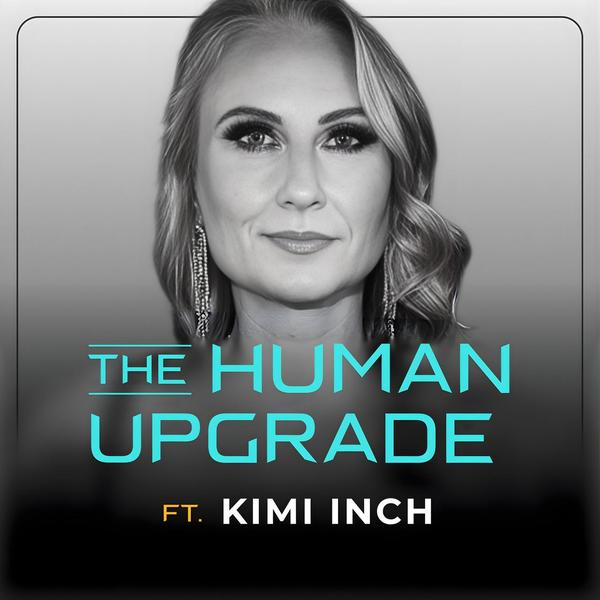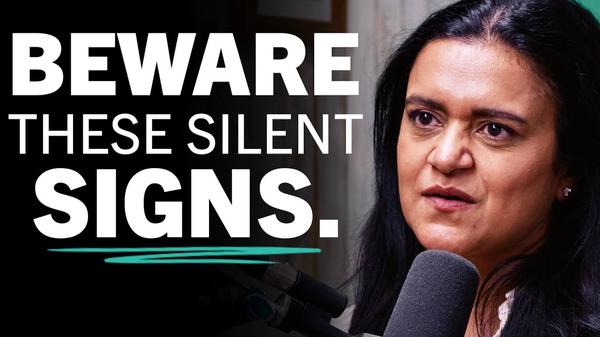Peter’s key takeaways on bone health, calorie restriction and energy balance, dopamine and addiction, gene editing, and testosterone therapy safety with a prostate cancer diagnosis | Quarterly Podcast Summary #3
Peter Attia
Nov 11, 2024
Mindsip insights from this episode:
Investigate 'lock and key' predisposition to addiction
A fascinating unanswered question is why some people have a 'lock and key' predisposition for specific addictions, like alcohol or gambling, while others feel no pull towards them at all.
Utilize a 'bat phone' to combat phone addiction
A practical way to manage phone addiction is to control your 'neighborhood' by using a secondary 'bat phone' that only makes calls and has no email, texts, or apps.
Calm your nervous system with cold water immersion
You can quickly calm your sympathetic nervous system by dipping your face in a bowl of cold water to trigger the mammalian dive reflex, which stimulates the vagus nerve.
Acknowledge heritability of addiction to inform recovery strategies
According to data from twin studies, addiction is 50 to 60% heritable, with the other key factors being nurture (how you're raised) and neighborhood (your current environment).
Adapt to hyper-stimulation to combat addiction
Our brains evolved for a low-stimulation world like a cactus in a desert, but now live in a hyper-stimulating 'rainforest,' making us poorly adapted and prone to addiction.
Recognize cold plunging's mood benefits, not longevity gains
Despite its popularity, cold plunging likely has no direct longevity or 'giro protective' benefit, but it can improve mood for some by increasing endogenous dopamine to offset the pain.
Try four-week dopamine fast to overcome addiction
To break an addiction, psychiatrist Anna Lemke recommends a four-week period of total abstinence from the specific behavior, noting that 80% of her patients feel better afterward.
More from
Peter Attia
AMA #78: Longevity interventions, exercise, diagnostic screening, and managing high apoB, hypertension, metabolic health, and more
Ketogenic diet, ketosis & hyperbaric oxygen: metabolic therapies for weight loss, cognition, Alzheimer's & more | Dom D'Agostino, Ph.D.
The evolutionary biology of testosterone: how it shapes male development and sex-based behavioral differences, | Carole Hooven, Ph.D.
The impact of gratitude, serving others, embracing mortality, and living intentionally | Walter Green (#288 rebroadcast)
Thyroid function and hypothyroidism: why current diagnosis and treatment fall short for many, and how new approaches are transforming care | Antonio Bianco, M.D., Ph.D.
You also might be interested in
The Hidden Damage That Happens "Behind-The-Scenes" In The Adult Entertainment Industry, With Former Adult Actress Felicity Feline
How to Set & Achieve Goals | Huberman Lab Essentials
The Science of Erotic Altered States | Biohacking Sex
Neuroscientist: If You’re Feeling THIS, You’ve Lost Touch With Your True Self
Neuroscientist: If You Feel THIS, You're Living the Wrong Life (Unlock The One You're Meant For)









